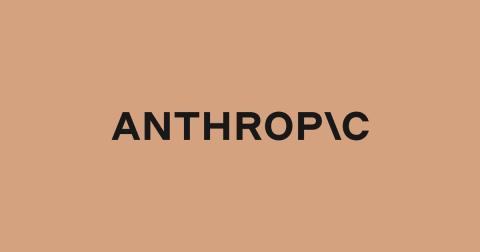The era of AI has taken another leap forward with the introduction of Claude 2, the new language model launched by Anthropic, a San Francisco-based AI firm. As an upgraded version of the initial Claude model, Claude 2 offers an improved user experience with impressive conversation capabilities and an enhanced understanding of complex concepts.
This AI revolution is especially known for its grounding in ‘Constitutional AI’. Claude 2 has principles drawn from various essential documents, like the Universal Declaration of Human Rights. It’s an interesting approach that seeks to ensure the model’s outputs align with established, universally-accepted norms, which is somewhat reminiscent of Isaac Asimov’s famous Three Laws of Robotics.
Performance: Outdoing its Predecessor
Claude 2 outperforms its previous and other competitive models in many areas. It scored significantly higher in undergraduate and graduate-level entrance exams, underlining its superior cognitive abilities. When put to the test, Claude 2 managed to score a commendable 76.5% in the multiple-choice section of the Bar exam, a considerable improvement from Claude 1.3’s 73%. In the GRE reading and writing exams, Claude 2 scored at par with the median applicant, demonstrating its comparable cognitive capabilities with that of prospective graduate students.
An Expanded Horizon: More Comprehensive Conversations
One key difference with Claude 2 is in the length of its input and output. Anthropic expanded Claude’s context window from 9K to 100K tokens. This means Claude 2 can analyse a large amount of information in one go, making it capable of having extensive conversations lasting hours, or even days.
This ability to handle more extensive and in-depth conversations puts Claude 2 in a unique position to facilitate more comprehensive user interactions.
More from News
- Driverless Vehicles: Why Is Tesla Under Investigation?
- Professional AI Use: Is There A Double Standard In Who Uses It?
- Experts Share: How Can The UK Maintain Its Position As A Top Tech Hub Globally?
- Amazon’s Same-Day And Next-Day Delivery Now In 4000 More Areas
- Valutico Acquires AI Innovator Paraloq Analytics to Revolutionise Private Company Analysis
- How Do UK Consumers Spend Their Disposable Income?
- Spain Tops The List As Most Productive European Country
- Industry Leaders Share Their Thoughts On The Recent Interest Rate Hold
Enhanced Capabilities: From Math to Coding
The chatbot’s aptitude extends to more than just language comprehension. Its proficiency in coding and mathematics has also been seeing improvement. Claude 2 showed an impressive 71.2% score in the Codex HumanEval, a Python coding test.
In comparison, Claude 1.3 lagged behind at 56% On GSM8k, a series of grade-school maths problems, Claude 2 scored an improved 88% up from 85.2%. These enhanced capabilities provide a glimpse of the amount of practical applications Claude 2 can cater to.
Weighing Risks: Safety First
A common challenge with AI models is their susceptibility to produce harmful or inappropriate content. In this regard, Anthropic appears to have prioritised safety by introducing improvements to mitigate such risks.
According to their internal evaluations, Claude 2 responded more safely to a set of potentially harmful prompts, performing twice as well as Claude 1.3. This progress in AI safety is a crucial stride towards ensuring more reliable and dependable AI interactions.
Compared to other popular AI models like OpenAI’s GPT 4, Claude 2’s safety measures and improved capabilities set it apart. Both models demonstrate proficient language understanding and generation, but Claude 2’s ‘Constitutional AI’ framework offers a more principled approach.
The extensive context window, ability to handle in-depth conversations, and improvements in coding and mathematics also give Claude 2 a competitive edge.
With the launch of Claude 2, Anthropic has set a new bar in AI technology. This advanced model brings in a level of sophistication, safety, and practicality that broadens the possibilities in the field.
As Claude 2 steps into the markets of the UK and the US, it paves the way for a new industry standard and exciting future developments. As we witness the start of this AI model, the days ahead hold immense promise for the evolution of AI chatbots and the impact they could have on digital interaction and assistance.

